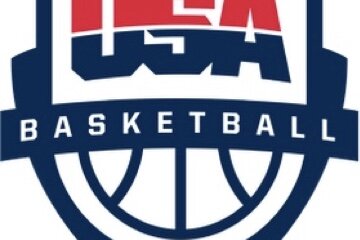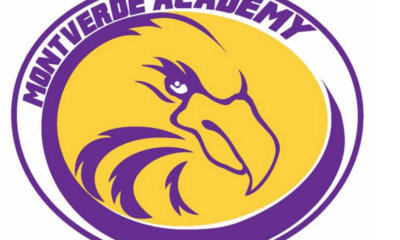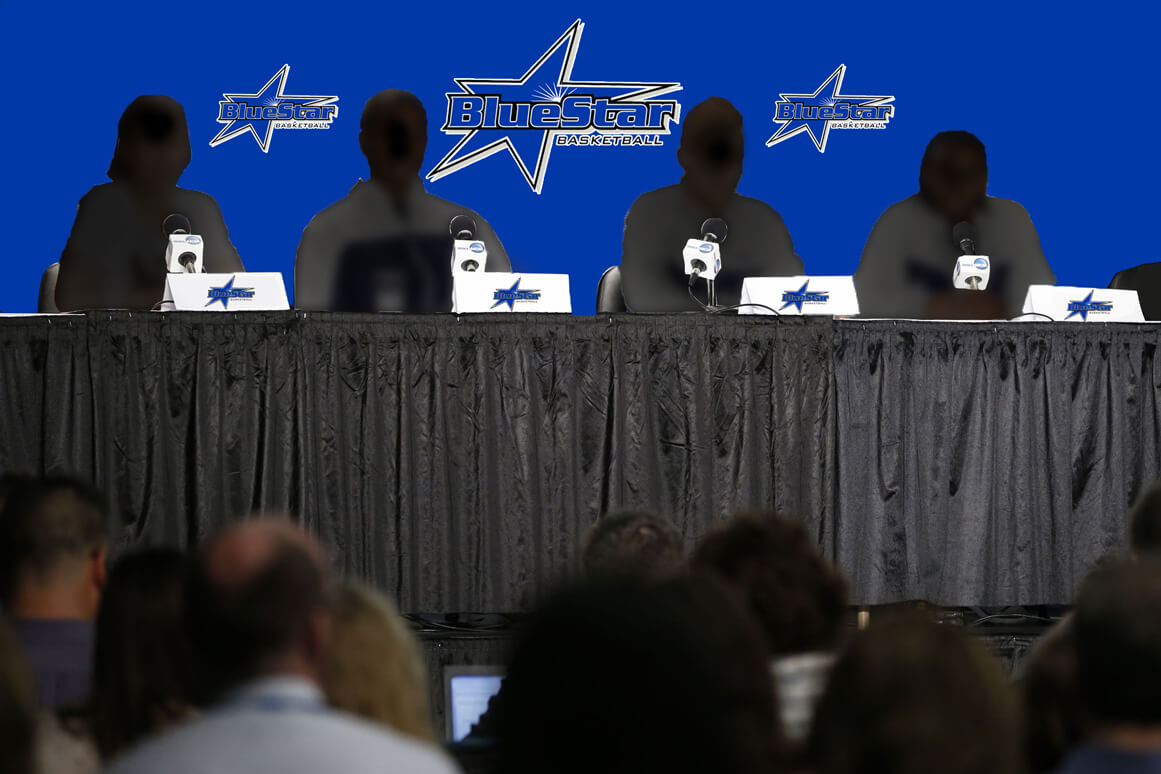Has television been too much of a good thing for women’s college basketball?
I ask the question not to provoke, since all sports have grappled with this issue.
As the television age dawned in the 1950s, Major League Baseball owners did all they could to fight the tube’s influence on their gate, but that maneuver backfired badly.
Likewise with the NCAA, which put a tight lid on the number of televised college football games for three decades until it was sued by Oklahoma, Georgia, et al, and eventually was ruled a cartel by the Supreme Court in 1984.
The rise of the NFL in the late 1950s was fueled by the explosion of home television availability, and the rest of the story is quite familiar.
For niche sports like women’s basketball, television also was viewed as the game’s new best friend. There couldn’t be enough games on the air, as far as coaches and others in the sport were concerned when I began to write about this in the early 1990s.
Only a handful of women’s games were shown on ESPN, regional sports networks were new or still to be come and conferences weren’t yet packaging all-sports deals to showcase their non-revenue teams.
That changed rapidly during the 1990s, and not just because of ESPN’s growing interest, which was sparked in large part by UConn hitting the national scene.
But as Val Ackerman pointed out in her white paper on women’s basketball last June, it might be fair to ask whether the game is being “oversaturated” on television.
Some she talked to told her they thought an increase in television takes away from attendance, and that there’s a “proliferation of bad basketball on too many networks.”
Just as last season, more than 800 women’s college games are being shown on some television outlet. For more than a decade, ESPN has shown every Division I tournament game, and is committed to do so as part of a non-revenue NCAA sports contract that runs through 2024.
Coaches use television as a crucial recruiting tool. Some have been known to give up weekend home games with the potential for a good local draw in exchange for a televised weeknight game to capture the eyeballs of recruits who are not nearby.
While that rationale is understandable, it’s also quite clear the NCAA is pulling back a little on letting television drive when the games are played, and how it is presented.
The NCAA championships cabinet last week seconded the Division I women’s basketball committee’s approval to schedule the Final Four in a Friday-Sunday format starting in 2017.
In addition, the first/second rounds and regionals will be played on a Friday-through-Monday basis starting next season, instead of the current Saturday-through-Tuesday format.
The present structure was at the behest of ESPN, which understandably wants to schedule games to draw the best possible rating. In particular, the Sunday-Tuesday Final Four format was done for television interests.
But in reverting back to an old format, the NCAA has admitted that the fan experience in the arenas has suffered, and in particular at the Final Four. Those who spend good money to travel were losing most of their work week by the time they got back home on Wednesday.
While boosting attendance is one of the key objectives behind the Ackerman report that the NCAA commissioned, it’s just one component of what’s becoming a concerted effort throughout the sport devoted to grassroots marketing.
The Women’s Basketball Coaches Association is planning an all-day marketing seminar, entitled “It’s Our Game,” on Friday, April 4, at the Final Four in Nashville.
A number of schools have been trying a variety of promotions during the season, including Jeff Walz’ beer bust at Louisville and Kentucky’s race horse gambit that helped sell out Rupp Arena for a women’s game for the first time.
Keep in mind that these are two nationally prominent teams with entertaining styles of play and already-good attendance figures. The basketball is the big draw in a basketball-mad state that’s taking to the women’s game in encouraging numbers.
But more familiar community outreach efforts have paid off modestly at places like Alabama, where first-year coach Kristy Curry is trying to make the 3,800-seat Foster Auditorium a tough home court.
Television has given us a terrific collection of analysts – Doris Burke, Debbie Antonelli, Rebecca Lobo, Kara Lawson and others – who to a certain degree have been the face of the sport as much as some coaches and players.
The lens of television is very powerful in that way, and I’ll admit to enjoying the convenience of watching a wide variety of games on a regular basis.
But to my mind women’s basketball also has been in danger of becoming a studio sport.
This isn’t to bash television or suggest it will have a diminished importance but rather to find a balance between broadening the appeal of the sport through that mass medium with the down-home touch of engaging local fans.
It’s taking some serious rethinking to realize that taking a few steps back may be necessary to move the sport forward.
Wendy Parker is a sportswriter and web editor who has covered women's basketball since the early 1990s. She is a correspondent for Basketball Times and formerly covered women's and college sports, soccer and the Olympics at The Atlanta Journal-Constitution. She is the author of "Beyond Title IX: The Cultural Laments of Women's Sports," available on Amazon, and the creator of Sports Biblio, a blog about sports books and history.

Latest Articles
-


Christopher Lawlor
/ 2 days agoU16 USA Women’s Basketball National Team roster selected for 2025 FIBA AmeriCup in Mexico from June 16-22
COLORADO SPRINGS, Colo. — USA Basketball announced today the 2025 USA Women’s U16 National...
-
Christopher Lawlor
/ 2 days agoU16 USA Men’s Basketball National Team roster chosen for 2025 FIBA AmeriCup next week in Juarez, Mexico
COLORADO SPRINGS, Colo. – The team is set and now for the games South...
-
Christopher Lawlor
/ 6 days agoNO REGRETS: Chris McNesby steps away from Roman Catholic (PA) basketball gig after second tenure with his alma mater; Bradley Wanamaker takes over coveted post
BENSALEM, Pa. – Chris McNesby has lived many lives within the Philadelphia Catholic League....
-


Events
/ 1 week agoMORE CHANGE: Montverde Academy (FL) hires Anthony Jones from nearby Orlando as girls’ head basketball coach of national program
BENSALEM, Pa. – For the second time in three months, Montverde (Fla.) Academy made...



